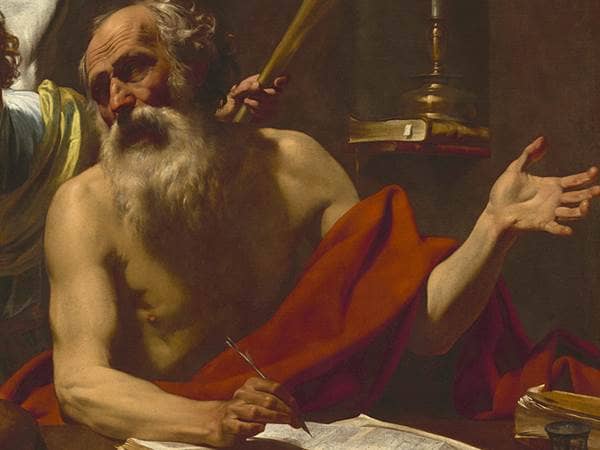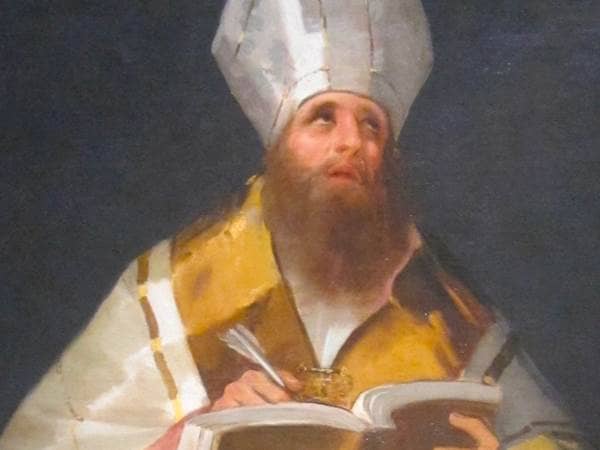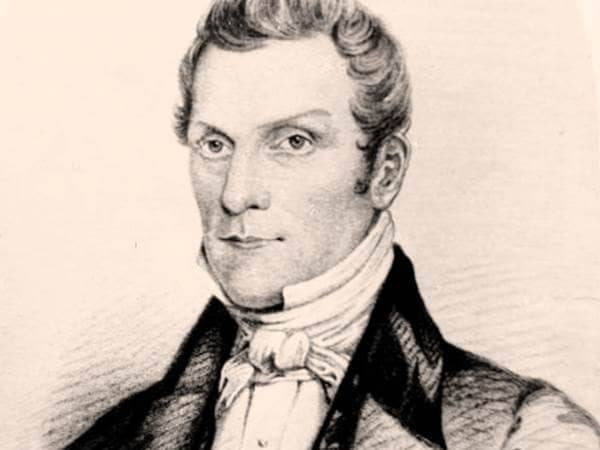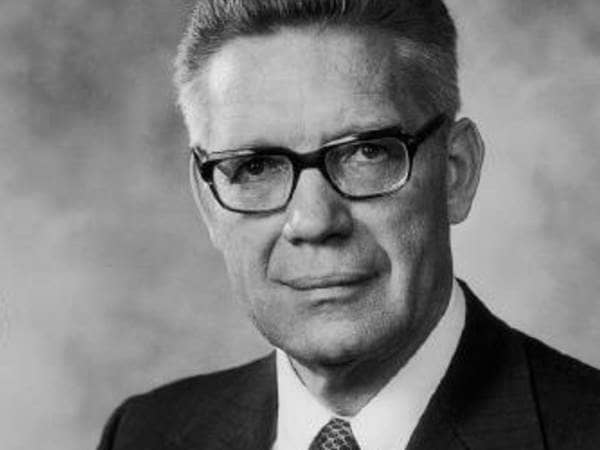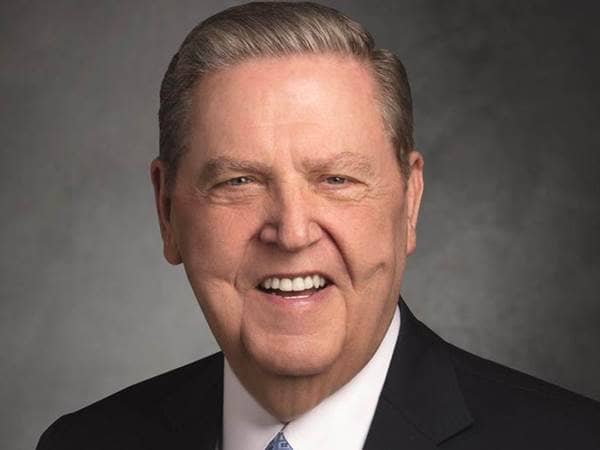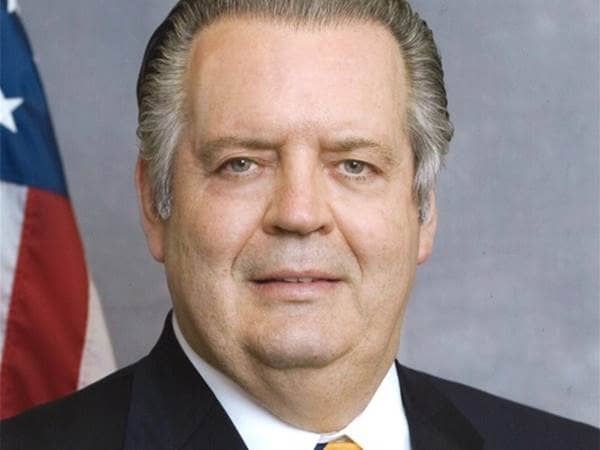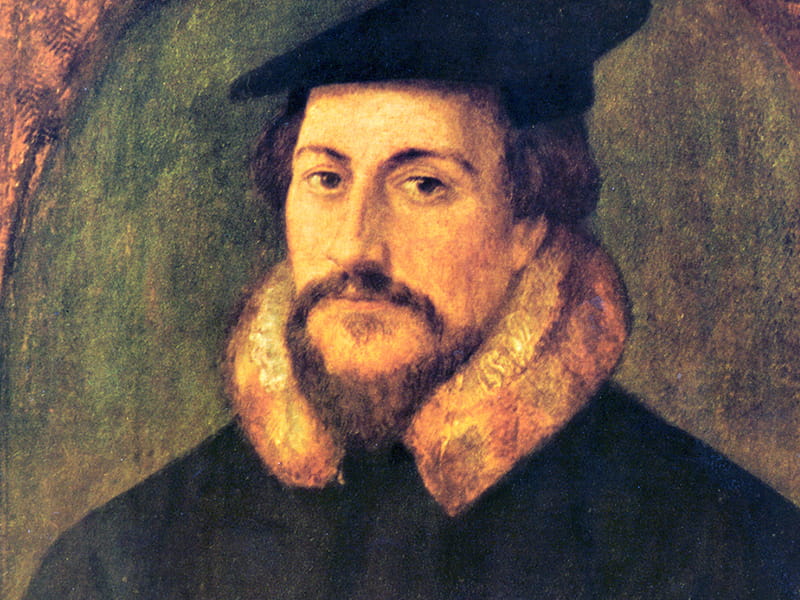
- Profession: Church of England priest
- Lived: July 10, 1509 - May 27, 1564 (Reformation)
- Nationality: French
- Known for: Founder of Methodism
- Fun Fact: John Wesley was a vegan and opposed hunting and horse racing: "I believe in my heart that faith in Jesus Christ can and will lead us beyond an exclusive concern for the well-being of other human beings to the broader concern for the well-being of the birds in our backyards, the fish in our rivers, and every living creature on the face of the earth."
- Fun Fact: Wesley often preached more than once in a day. It's estimated that he gave over 40,000 sermons in his lifetime.
Son of an Anglican rector, John Wesley came up the usual way through Christ Church, Oxford, eventually being ordained, teaching there and briefly taking a curate position. He was always curious about mysticism and piety though (his mother’s father was a Puritan minister), and he and his younger brother Charles formed a small group with several others at Oxford for mutual support—praying, studying scripture, chanting psalms and fasting. This group also started visiting prisoners to preach and provide help. They were ridiculed for their piety and referred to as the Oxford Methodists. While traveling to Georgia to answer a clergy shortage in the new colony, John and Charles encountered Moravians and were deeply impressed with their piety. After returning to England, John continued to worship with this German Protestant group, helping them organize in Great Britain, and it was at one of their services that he had what is now seen as an evangelical conversion experience.
Meanwhile, another member of Wesley’s Oxford small group, George Whitefield, was making a name for himself preaching outdoors to groups of common folk. At his urging, John did the same, and though he still preferred High Church style, he could not deny the success of the event. Breaking with the Moravians over theological differences, John Wesley turned his organizing efforts to his own Methodist Society. Seeing them as fanatically pious and disrespectful of church institutions, Church of England clergy started denouncing Wesley’s new group. For his part, John Wesley considered the Church of England deeply corrupted, and believed himself commissioned by God to set this right. It didn’t help that he started approving lay preachers and sending them into parishes to set up outdoors and preach about the flaws in the teaching they were getting.
Increasingly unwelcome in Anglican churches, Wesley’s group started creating their own houses of worship. He codified their structure, including a novel arrangement of travelling preachers in “circuits.” The preacher would preach daily, moving from church to church, and be rotated to another circuit every year or two. Wesley considered Methodism to be a movement within the Church of England—like Martin Luther to Catholicism, it was never his intention to cause a schism. But as his views hardened contrary to the Church of England on inward personal salvation, preaching by laypeople, and apostolic succession, that became a hopeless wish.
When the Church of England was dissolved in the United States after the Revolution and no replacement was yet firmly in place, Wesley send representatives to form the Methodist Episcopal Church. (The Episcopal Church was founded three years later.) Using the itinerant preaching model they’d used in England, Methodism spread quickly and became a major part of the American Christian landscape from them on.
Since that small group at Oxford, Wesley’s focus on personal pietism was always paired with social justice work. He allowed women preachers (after a little convincing), and was an outspoken abolitionist. Later, when Americans turned to faith to match their social justice views, Methodism expanded further. Wesley’s views on piety and specifically the possibility of sanctification led to the gradual development of the Holiness movement, greatly influencing the Second Great Awakening in America and spawning other denominations and institutions, including the Church of the Nazarene and the Salvation Army.
Meanwhile, another member of Wesley’s Oxford small group, George Whitefield, was making a name for himself preaching outdoors to groups of common folk. At his urging, John did the same, and though he still preferred High Church style, he could not deny the success of the event. Breaking with the Moravians over theological differences, John Wesley turned his organizing efforts to his own Methodist Society. Seeing them as fanatically pious and disrespectful of church institutions, Church of England clergy started denouncing Wesley’s new group. For his part, John Wesley considered the Church of England deeply corrupted, and believed himself commissioned by God to set this right. It didn’t help that he started approving lay preachers and sending them into parishes to set up outdoors and preach about the flaws in the teaching they were getting.
Increasingly unwelcome in Anglican churches, Wesley’s group started creating their own houses of worship. He codified their structure, including a novel arrangement of travelling preachers in “circuits.” The preacher would preach daily, moving from church to church, and be rotated to another circuit every year or two. Wesley considered Methodism to be a movement within the Church of England—like Martin Luther to Catholicism, it was never his intention to cause a schism. But as his views hardened contrary to the Church of England on inward personal salvation, preaching by laypeople, and apostolic succession, that became a hopeless wish.
When the Church of England was dissolved in the United States after the Revolution and no replacement was yet firmly in place, Wesley send representatives to form the Methodist Episcopal Church. (The Episcopal Church was founded three years later.) Using the itinerant preaching model they’d used in England, Methodism spread quickly and became a major part of the American Christian landscape from them on.
Since that small group at Oxford, Wesley’s focus on personal pietism was always paired with social justice work. He allowed women preachers (after a little convincing), and was an outspoken abolitionist. Later, when Americans turned to faith to match their social justice views, Methodism expanded further. Wesley’s views on piety and specifically the possibility of sanctification led to the gradual development of the Holiness movement, greatly influencing the Second Great Awakening in America and spawning other denominations and institutions, including the Church of the Nazarene and the Salvation Army.
Back to Search Results
